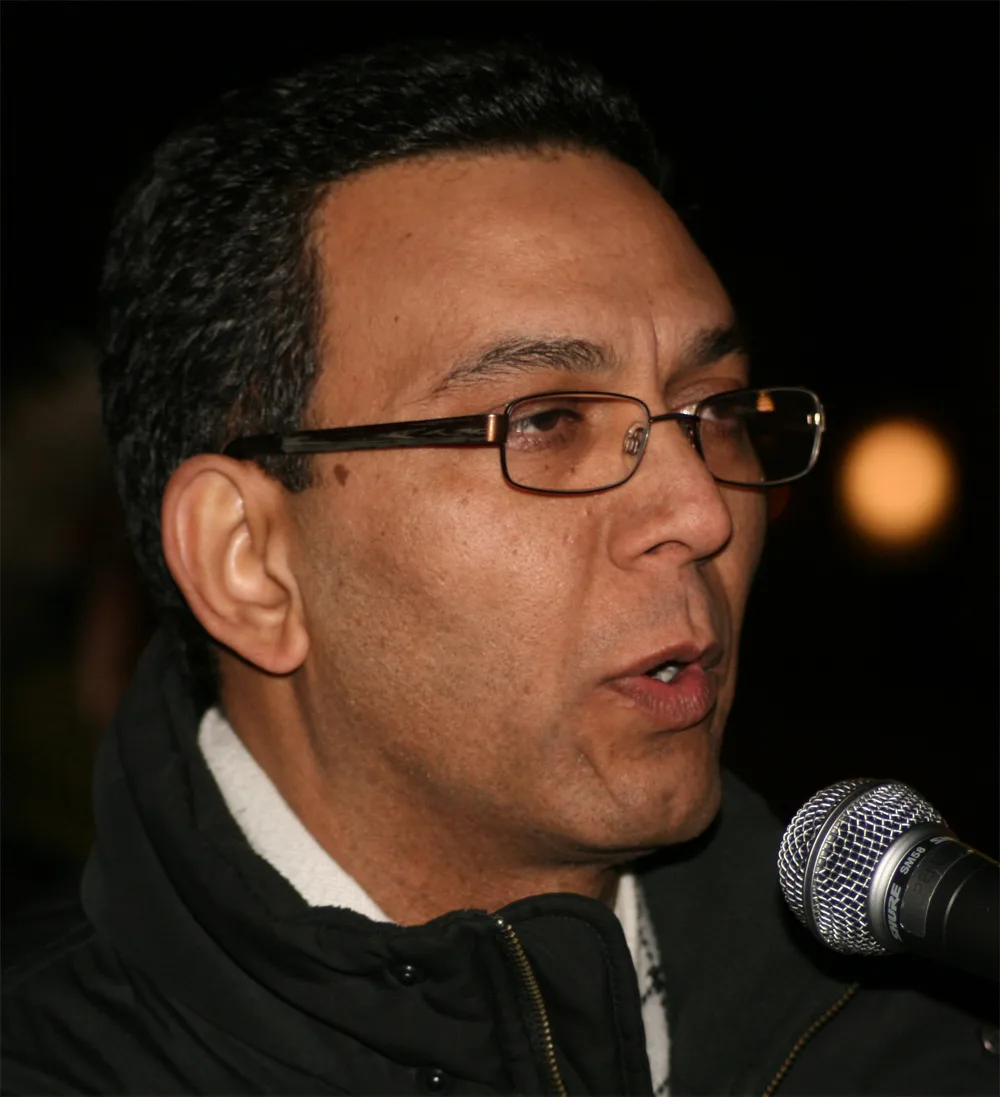Throughout FrP’s history, it has been important to build images of the enemy, says former Storting representative for SV, Akhtar Chaudhry.
He is not one of those who joins the celebration of FrP’s 50th anniversary.
“We learn that we should not speak ill of the dead and those who have an anniversary. I will make an exception,” writes Chaudhry in Utrop.
The former SV politician believes the values FrP stands for contribute to the fact that the party does not deserve to be celebrated.
“We have never celebrated selfishness, division, mistrust, suspicion, enemy images and polarisation. FrP has stood for precisely these negative values for 50 years, and we see no signs that this will change. There is therefore nothing to celebrate,” he writes.
Chaudhry believes the FrP and its leadership have spent 50 years undermining the cohesion of society.
“The party and its representatives have both sharply and subtly nurtured suspicion and mistrust between fellow human beings, especially between people with different ethnic, cultural and religious backgrounds. It has been important to build images of the enemy.”
Chaudhry also uses strong words about party leader Sylvi Lyshaug, who he believes has “contributed to spreading distrust by accusing immigrants of being lazy, parasites and demanding people who wanted to be carried on a golden chair”.
“FrP has deliberately pitted people against each other and exaggerated differences in order to obtain votes and look after short-term party interests, at the expense of trust and cohesion”, believes the former representative of the Storting.
Chaudhry also believes that FrP has made dissatisfaction a core value, where “people and local communities lose the ability to appreciate what they have, would rather cultivate what they lack, which breeds envy and the joy and gratitude are replaced by a constant lament”.
The SV politician uses particularly strong words when he describes the Frp’s impact on society in the future.
“In the long run, cultivating selfishness, division, mistrust, suspicion, enemy images and polarisation – and wanting to weaken human rights – is dangerous!”

